SUMMARY
This is AI generated summarization, which may have errors. For context, always refer to the full article.
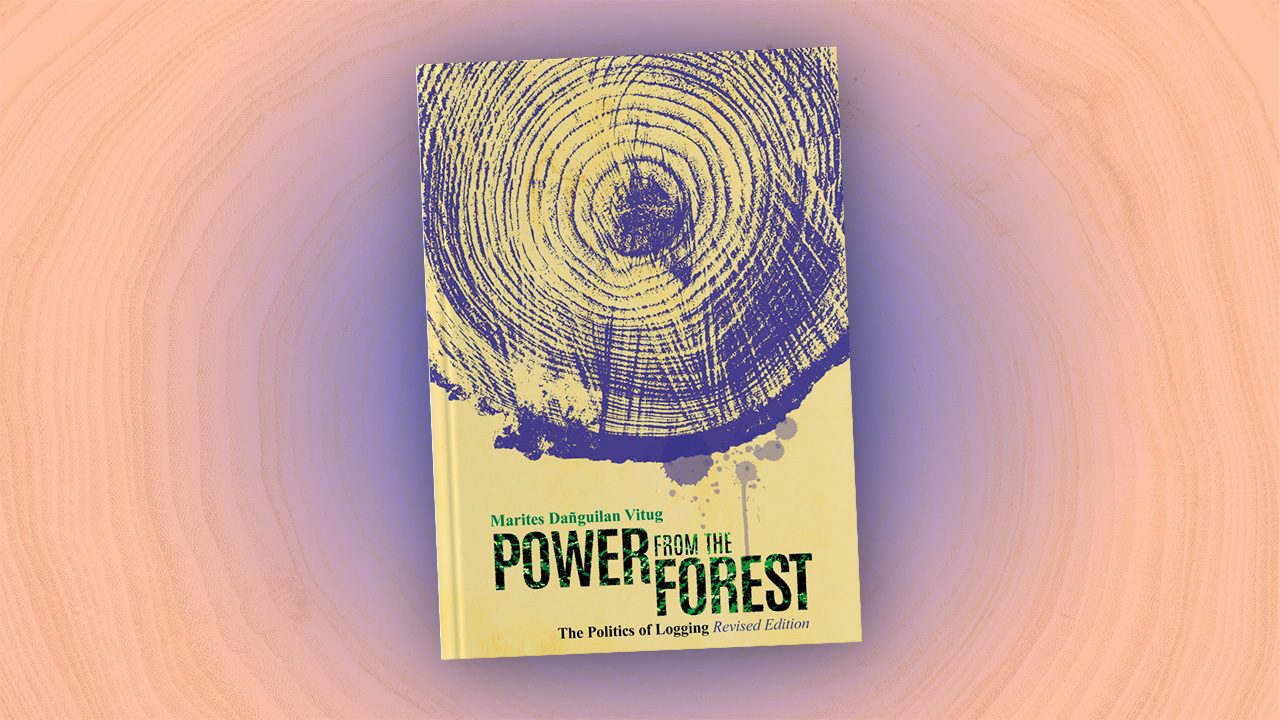
MANILA, Philippines – The denudation of Philippine forests is a byproduct of the long history of corruption in the timber industry, intertwined with Philippine politics.
In the revised edition of The Power from the Forest: The Politics of Logging, veteran journalist and Rappler editor-at-large Marites Vitug traces how the logging industry flourished in the Philippines, the corruption in the ranks of the Department of the Environment and Natural Resources (DENR), and the economic and political power that industry had afforded certain families and government officials.
Amid the bleakness are shafts of light, such as efforts of the late Jun Factoran, during his stint as DENR secretary, to “tame the bureaucracy” and give back ancestral lands to cultural minorities who lost their territories to logging companies.
The Power from the Forest: The Politics of Logging, was first published in 1993. In the 2023 edition, Vitug updated the book with annotations of the most recent developments.
“The republished book not only has historical value, but also imparts policy lessons for those of us who are still involved in saving and enhancing our forests,” environmental law champion and former DENR undersecretary Antonio La Viña wrote in the book’s foreword.
Why read the book?
The revised edition comes at a crucial time: the return of the Marcoses in Malacañang.
“Climate justice activists and anti-corruption and human rights advocates will need Vitug’s book as a resource for holding the Marcoses accountable for the damage they have done to Philippine forests,” said Ruben Carranza, former commissioner of the Presidential Commission on Good Government.
The incumbent president’s namesake, the late dictator Ferdinand E. Marcos, had used forests as a political tool, giving timber concessions to those he owed favors to. The book also mentions Edmundo Cortes, director of the Bureau of Forest Development for 11 years, whose access to Marcos made him “a great dispenser of favors.”
Past government halls, the book tells stories of the displacement of tribal communities in Palawan and Mindanao – a long-running narrative that many advocates remain all too familiar with. Deforestation continues to be an inherited problem.
As the DENR now seeks to improve data collection and analysis, and there is a growing international body of work on environment and climate, the younger generation of advocates can avail of the best tools to combat perpetual problems.
But beyond these tools, La Viña said the new generation still “needs to know the past, understand the power dynamics that led to the destruction of our forests, so they are more effective than those of us who fought these battles in the 1980s, 1990s, and the early 2000s.”
“This new edition of The Power from the Forest should help them do that,” La Viña wrote.
The Power from the Forest: The Politics of Logging is available for purchase at the Ateneo de Manila University Press’ website, Shopee, and Lazada. – Rappler.com
Add a comment
How does this make you feel?
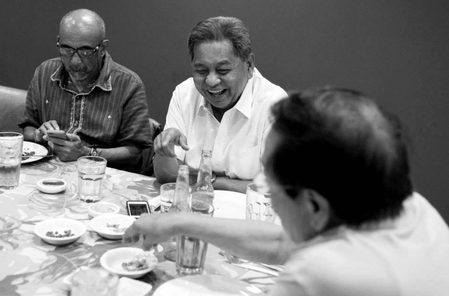
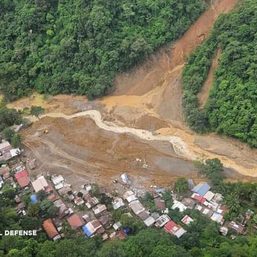
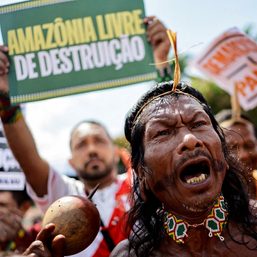
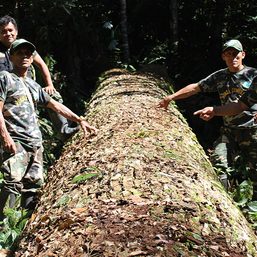









![[Rappler’s Best] Patricia Evangelista](https://www.rappler.com/tachyon/2024/04/unnamed-9-1.jpg?resize=257%2C257&crop=486px%2C0px%2C1333px%2C1333px)
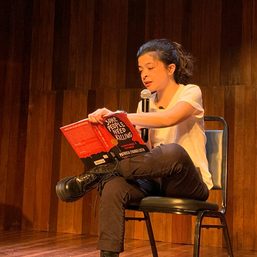
There are no comments yet. Add your comment to start the conversation.